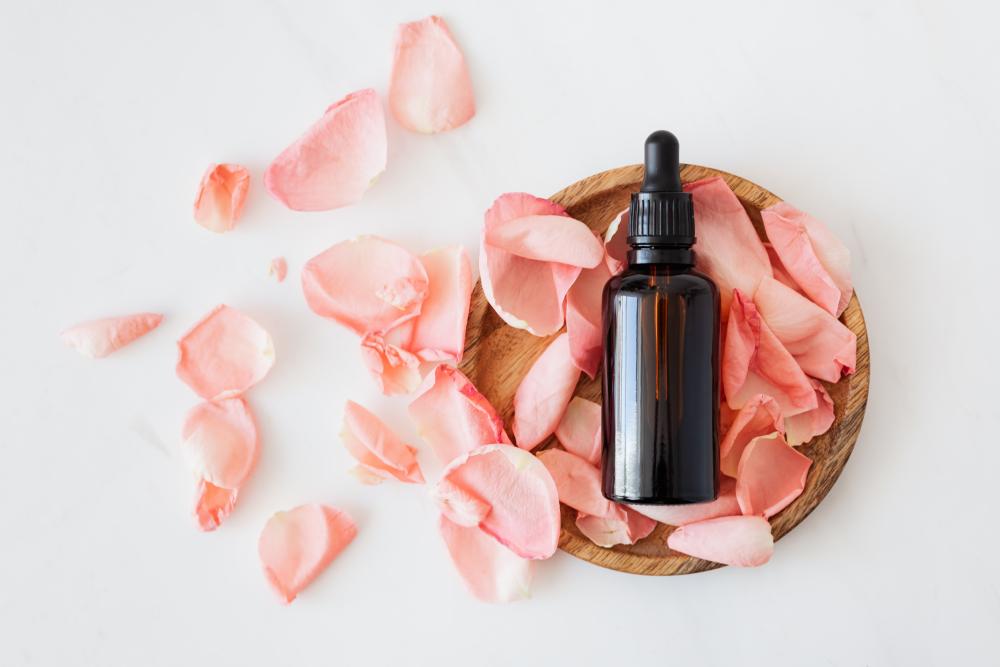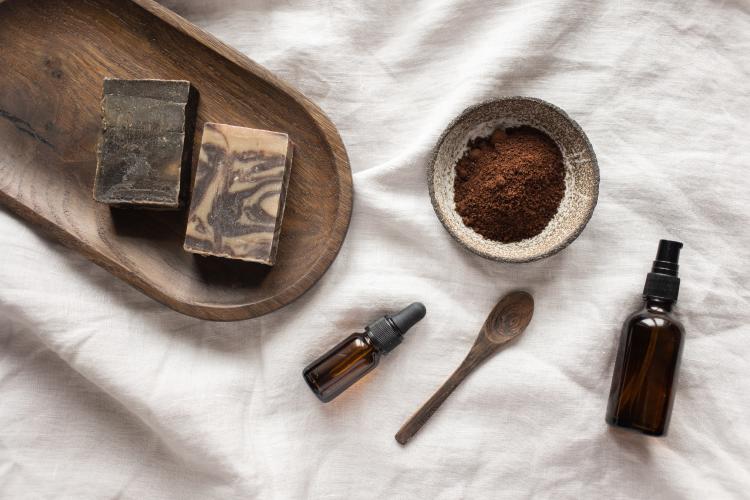
Veganism is the practice known as refusing to use or consume animal products and by products in your diet and everyday life. The fundamental idea of veganism is focused on safeguarding the right of the animals to exist without being cruelly treated or exploited for human advantage. In this article, you will learn Everything you need to know about Vegan Skincare and cruelty-free products.
Veganism entails not just eliminating animal-sourced goods from your diet, but also altering every other part of your lifestyle, from home items to clothing and accessories to skincare and cosmetics, and so on.
If you are thinking about going vegan or if you already are, there are different tricks that you might want to know about when it comes to Vegan skincare. Just like any other vegan product, Vegan skincare refers to using products that do not include any animal ingredients or byproducts, therefore rejecting the philosophy of treating animals as a commodity.
The underlying principle in doing so is believing that all species have the right to life and freedom, and hence intentionally avoiding the purchase or use of such items by changing to other accessible alternatives. Vegans do not only abstain from meat, but also from any animal byproducts such as dairy, eggs, fur, wool, honey, collagen, stearic acid, beeswax among others.
Changing our makeup and skincare items to Vegan or cruelty-free ones is an excellent strategy to lessen our environmental impact. Vegan products are not only good for the animals and your skin, but also for the environment.

When it comes to distinguishing between Vegan, Vegetarian, and Cruelty-free products, there is a lot of confusion. The main differences between all this types of lifestyles are:
Some items might seem innocent because we think they would never contain animal products in them, like shampoo and conditioner. But the fact is that there are many of these products that are tested in animals and these practices are not so safe or nice for them. If you would like to switch to shampoo and conditioner bars, you would be contributing to helping the animals by buying products that have not been tested on them.
You can have a look at the 10 Best Shampoo and Conditioner Bars to Go Greener.
However, this is not always the case. It would be wonderful to use a product that is both Vegan and Cruelty-Free, but doing so does not imply that the items are sustainable, eco-friendly, clean, and all-natural. There is a whole line of cruelty free skin care products that will be great for your skin as well as for the planet. You can check them out in our article Cruelty Free Skin Care: Healthier Practices for us and the Planet. To avoid utilizing any dangerous substance on your skin, you must carefully read the labels.
There are so many advantages that you and the environment will get by switching to a vegan-friendly skincare routine and you can see some of them in the following list:
 Always check the ingredients listed on the back of the container to confirm that your items are Vegan and search for the cruelty-free label. The simplest method is to seek labels or icons that specifically declare "VEGAN". It is really useful if you learn the scientific names of regularly used animal-derived substances. Labels on store shelves are quite difficult to read sometimes. Therefore, if you pay more attention and learn about the scientific names of some products, it will be easier to see what is vegan and what is not. Let's talk about body lotions, they seem harmless and smell really good when you see them but when it comes to animal testing and chemicals they might not be so harmless. You can get Vegan body lotion really easy, you can find The 10 Best Vegan Body Lotions to Recover Your Skin in this article.
Always check the ingredients listed on the back of the container to confirm that your items are Vegan and search for the cruelty-free label. The simplest method is to seek labels or icons that specifically declare "VEGAN". It is really useful if you learn the scientific names of regularly used animal-derived substances. Labels on store shelves are quite difficult to read sometimes. Therefore, if you pay more attention and learn about the scientific names of some products, it will be easier to see what is vegan and what is not. Let's talk about body lotions, they seem harmless and smell really good when you see them but when it comes to animal testing and chemicals they might not be so harmless. You can get Vegan body lotion really easy, you can find The 10 Best Vegan Body Lotions to Recover Your Skin in this article.
Below here you can find a list of animal-derived components typically found in skincare products. There are also the names of products that can be vegan alternatives to those products. It might be good to have it handy so it can assist you in making the transition to a more Vegan-friendly lifestyle:
We all know about how honey is produced, normally bees are made to work way much more than they would do if they were free. Although Honey is excellent for skin healing and is commonly used as an emollient to soften and smooth skin texture, there are other alternatives that are as good, such as Aloe Vera, Jojoba Oil, and Argan Oil. There are also so many different products that could help improve the appearance of your skin, such as Vegan Serum for acne prone skin. If you are not sure which one will be the best for you I suggest having a look at the 10 Best Serums for Acne Treatment: Find Your Ideal One.
Transparent, colorless, and flavorless substance made from collagen extracted from animal body parts by boiling skin, tendons, ligaments, and bones. This can be found in face creams, lotions, sunscreens, and face masks, among other things. It is also used to thicken liquids. Agar-agar powder might be used instead to soften and moisturize the product while also thickening it. Despite the fact that it is an animal product, gelatin is also a little bit disgusting, to be honest.
It is used to speed up the creation of skin cells in order to avoid premature aging and achieve younger-looking skin. The protein produced from the hair, skin, bones, and ligaments of animals such as fish, cattle, and horses is used to make it. There are some interesting options that could be used as Vegan collagen, you can have a look at all of them in this article Vegan Collagen: Plant Based Benefits for your Health.
An animal-derived Vitamin A that is commonly utilized as an anti-aging component as well as to diminish pigmentation and discoloration. It aids in the reduction of fine lines and wrinkles as well as in the creation of collagen and new skin cells. Retinol obtained from animals is generated from egg yolks and fish liver oil. A suitable substitute is the Vegan, plant-based compound known as Carotenoid, an orange and yellow pigment that imparts color to plants such as carrots, tomatoes, and fall leaves.
Either if it is Makeup brushes or Shaving ones, they are usually not vegan. Makeup brushes are often acquired from squirrel, goat, or horsehair. Vegan brushes, on the other hand, are created from synthetic fibers such as taklon and nylon without harming animals. Like beauty brushes, some shaving brushes include bristles made of animal hair. Indeed, the hair of certain endangered species is utilized to manufacture shaving brushes that are softer and 'considered' to be of higher quality.
Also known as estradiol, which is generated from the urine of pregnant horses. It is used upon the skin to moisturize it and enhance sebum production. Phytoestrogens are an excellent plant-based alternative that can imitate Estrogen activities.

The Certified Vegan Logo is used by products all over the world to demonstrate genuine standards for animal-free products, the verified mark is a simple option for consumers who want to buy vegan products. A product must not include meat, fish, fowl, animal by-products, eggs or egg products, milk or milk products, honey or honey bee products, insects or insect-derived goods such as silk or colors, or sugar filtered with bone char or any other animal-derived component in order to be Vegan Certified. These two things may be found with the two most prevalent logos:
Finally, before embarking on this road towards a vegan-friendly lifestyle, educate yourself on the most important items to avoid. There are several non-vegan components in goods, and the chemical names might be overwhelming. Do not be discouraged if you inadvertently use a non-vegan product because you are helping to create a more animal-friendly world.
Slowly, more firms are adopting Veganism into their manufacturing, and maintaining a Vegan lifestyle will eventually be a big part of consumerism in the future. Some big companies are already changing the game with their products, one example of this is CoverGirl which has now some cruelty free products. Read more in Is Covergirl Cruelty Free? Changes in the Beauty Industry.
So, always have a look at the labels and certification before getting some skincare, and remember that usually, Vegan Skincare is also healthier for your body and soul. You will be making a big improvement on climate change, animals wellbeing and your own health. What could be more satisfying than that?
There is more relevant information about Vegan Cosmetics in our article: Vegan Cosmetics review: Beauty in Defense of Animals